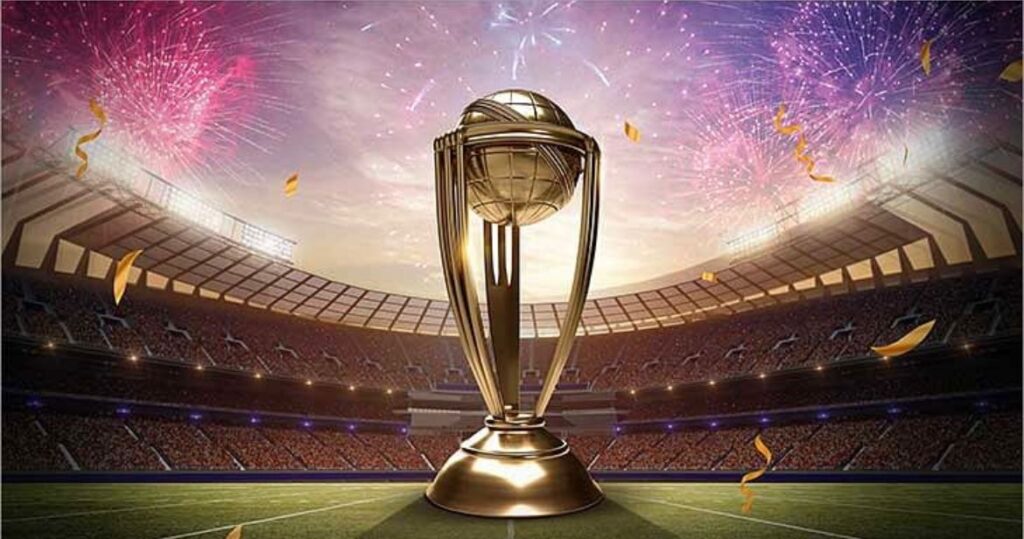
As reported, the ICC Board meeting in Dubai didn’t formally discuss the Champions Trophy scheduled in Pakistan in February-March next year. It, however, approved the qualification process of the Men’s T20 World Cup 2026 to be hosted jointly by India and Sri Lanka.
Although Pakistan is the host for the 2025 Champions Trophy, a lot will depend on the BCCI’s decision to send the Indian team, which is subject to the Indian government’s clearance. A hybrid model, like the 2023 Asia Cup, cannot be ruled out either.
One major decision that the ICC Board took was to make the stop-clock permanent in all ODIs and T20Is from June this year, starting with the T20 World Cup in the US and the West Indies. The rule was introduced on a trial basis last December and the experiment has already yielded results.
“The results of the stop-clock trial were presented to the Chief Executives’ Committee, which demonstrated that around 20 minutes per ODI match had been saved in time,” stated the ICC media release. This has now been incorporated as a mandatory playing condition.
As per the stop-clock rule, the fielding side is expected to start a new over within 60 seconds of the completion of the previous over. An electronic clock, counting down from 60 to zero will be displayed on the ground. The first two breaches will attract two warnings, while subsequent breaches will lead to a five-run penalty per incident.
The rule won’t apply when a batter is dismissed, at the time of drinks breaks and during on-field treatment of an injury.
Reserve days for T20 WC semis and final
Meanwhile, the upcoming T20 World Cup will have reserve days for the semi-finals and final. As regards to the 2026 T20 World Cup, the tournament will have 12 automatic qualifiers.
With 50-over cricket losing charm and relevance beyond the World Cups, the ICC Board and the Chief Executives’ Committee had extensive discussions on the future structure of the game, considering issues such as greater context for international white-ball matches.
ICC Chair Greg Barclay said: “The ICC Board and Committee meetings are the forum for us to discuss the long-term future of the international game and at this set of meetings we spent a number of hours constructively considering the structure of the global cricket calendar.”
He added: “Whilst there are no easy answers, there is a commitment to exploring how context can be delivered and further options will be considered at upcoming meetings.”
For more sports related information: https://revsportz.in/




